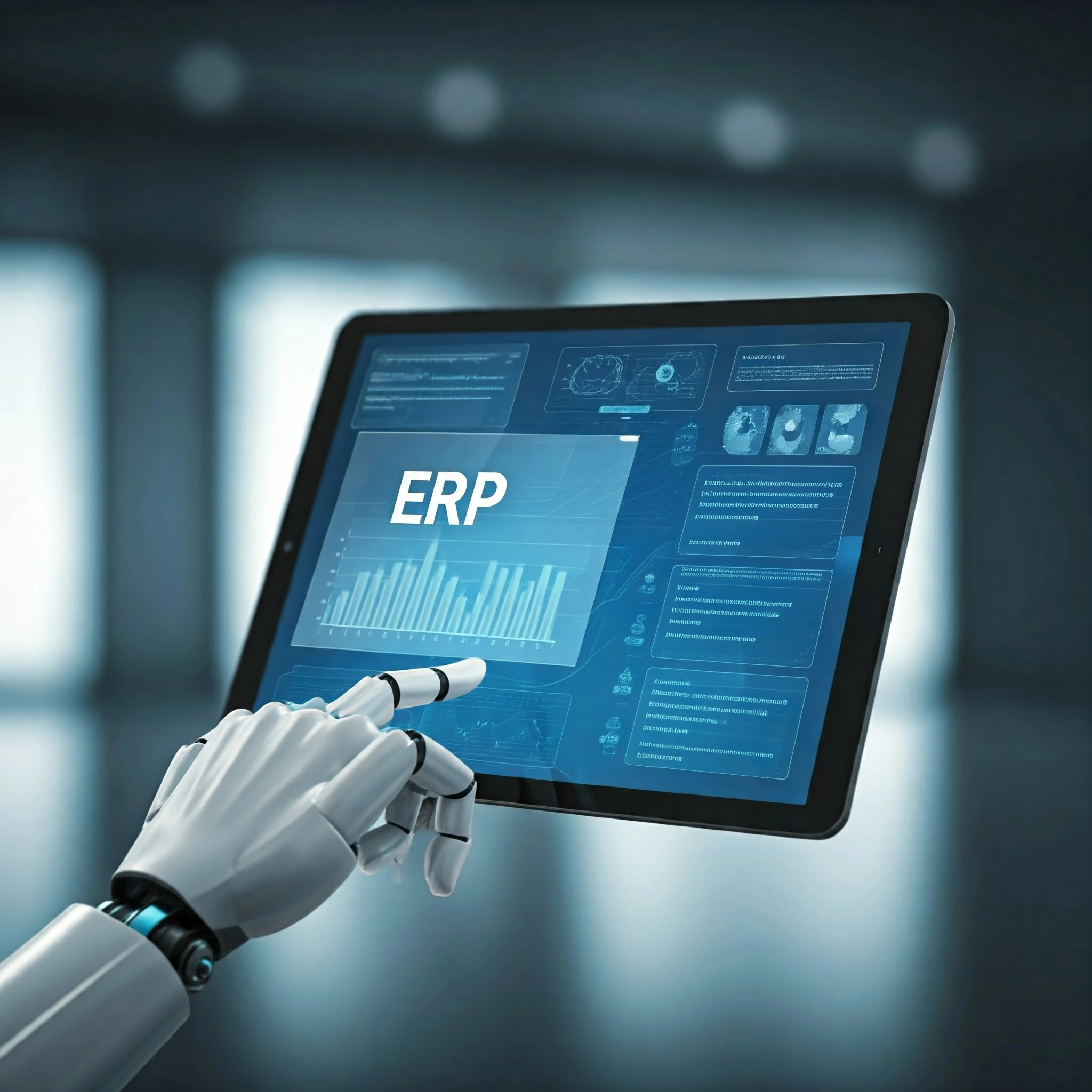Enterprise Resource Planning (ERP) Solutions: A Cornerstone for Efficiency and Growth
Introduction
To address the growing complexity of modern businesses, companies are increasingly turning to advanced software solutions such as ERP systems to streamline operations and improve efficiency. This is where Enterprise Resource Planning (ERP) solutions come into play, serving as the cornerstone for achieving efficiency and sustainable growth within organizations. In this article, we will delve into the significance, benefits, and features of ERP solutions, along with other aspects that make them indispensable in the modern business world.
What are Enterprise Resource Planning (ERP) Solutions?
ERP solutions are integrated software systems designed to manage and coordinate all processes and resources within an organization. From human resources and finance to production and inventory, ERP solutions provide a unified platform for all data and operations, facilitating decision-making and improving performance.
Importance of (ERP) Solutions
- Enhanced Operational Efficiency: By automating repetitive tasks and reducing manual errors, ERP solutions contribute to increased productivity and reduced costs.
- Improved Decision Making: ERP solution’s provide comprehensive reports and data analytics, enabling managers to make informed decisions based on accurate and up-to-date information.
- Increased Flexibility: ERP solution’s are adaptable to changes in the business environment, allowing organizations to quickly respond to new challenges and opportunities.
- Enhanced Collaboration: By providing a shared platform for work, ERP solution’s foster collaboration among different departments and employees within the organization.
- Regulatory Compliance: ERP solution’s help organizations comply with regulations and laws in various fields.
Benefits of (ERP) Solutions
- Increased Revenue: By improving operational efficiency and responding quickly to customer needs, ERP solution’s contribute to increased revenue.
- Reduced Costs: By reducing errors and streamlining processes, ERP solution’s help lower operational costs.
- Improved Product and Service Quality: By providing accurate information about processes and production, ERP solution’s help improve the quality of products and services delivered to customers.
- Increased Customer Satisfaction: By providing better customer service and responding promptly to their requests, ERP solution’s contribute to increased customer satisfaction.
Features of (ERP) Solutions
- Complete Integration: ERP solution’s connect all aspects of a business into a single integrated system, ensuring a smooth and easy flow of information.
- Centralized Database: ERP solution’s provide a centralized database for all data, making it easy to access and analyze.
- Customization: ERP solution’s can be customized to meet the specific needs of each organization.
- Data Security: ERP solution’s protect sensitive organizational data through the use of the latest security technologies.
- Continuous Development: ERP solution’s are continuously updated to meet technological advancements and changing business requirements.
Other Points to Consider
- Choosing the Right ERP System: Organizations should select an ERP system that aligns with their size, type of business, and specific needs.
- Proper Implementation Planning: Implementing an ERP system requires careful planning and cooperation among all stakeholders.
- Continuous Employee Training: Ongoing training should be provided to employees on how to effectively use the ERP system.
Conclusion
Enterprise Resource Planning (ERP) solution’s are a strategic investment for organizations seeking efficiency and sustainable growth. By providing an integrated platform for managing operations and data, ERP solution’s help improve performance, make better decisions, and address future challenges.

